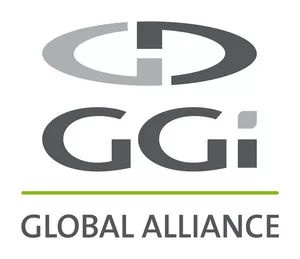- within Corporate/Commercial Law topic(s)
- in Africa
- in Africa
- with readers working within the Accounting & Consultancy and Securities & Investment industries
- within Corporate/Commercial Law, International Law, Media, Telecoms, IT and Entertainment topic(s)
In Italy in recent years, having a tax control framework (TCF) has emerged not only as a key instrument for tax risk management and mitigation, but also as a lever for corporate value creation in extraordinary transactions, particularly mergers and acquisitions (M&A).
The implementation of a certified TCF produces effects that go well beyond compliance, directly influencing due diligence processes, valuation, negotiation dynamics, and investor perception.
Impact on tax due diligence
One of the most pertinent advantages emerges during tax due diligence. The presence of a TCF, especially when coupled with cooperative compliance, allows for significant streamlining of the review:
- Temporal: Tax periods under scrutiny can be reduced from 5 years (ordinary rule) to 3, or even 2 years if a certified compliance report ("visto pesante") is in place. This is crucial in share deals, where exposure to historical liabilities is broader than in asset deals.
- Qualitative: A TCF ensures certified, structured risk mapping based on standard methodologies. This enables the due diligence team to concentrate document requests on genuinely sensitive areas, improving both efficiency and analytical depth.
Value creation and investor attractiveness
Beyond due diligence, a TCF has a direct impact on company valuation. The transparency, reliability, and traceability of tax information when integrated into corporate governance enhance the organisation's credibility, strengthen investor confidence, and positively influence acquisition prices.
This is closely linked to environmental, social, and governance (ESG) criteria: tax transparency, responsible behaviour towards authorities, and robust risk governance are now essential parameters for investment funds, financial institutions, and capital markets.
International sustainability reporting standards increasingly highlight strong tax governance as a strategic driver of reputation, competitiveness, and long-term value creation.
Risk mitigation and contractual benefits
In M&A transactions, contracts almost always include tax warranties by the seller. A robust TCF can generate multiple benefits:
- Shorter duration and narrower scope of warranties, thanks to reduced assessment periods and sanction reliefs;
- Easier and cheaper access to warranty and indemnity (W&I) insurance, often with more favourable terms; and
- Greater room for negotiating lighter indemnity clauses, lower liability caps, and balanced contractual structures.
These elements are particularly valuable in deals involving institutional investors or private equity funds, which demand clear risk allocation, contractual simplicity, and predictable exit strategies.
Conclusions
The integration of a TCF should not be perceived as a mere compliance obligation. Rather, it represents a strategic asset for both risk reduction and value creation, directly influencing the efficiency of M&A processes and the overall perception of corporate reliability by stakeholders. In today's environment, where tax governance, corporate governance, and sustainability dimensions are increasingly intertwined, the TCF stands out as a competitive differentiator. The TCF is an investment that simultaneously enhances compliance, reputation, and market positioning.
The content of this article is intended to provide a general guide to the subject matter. Specialist advice should be sought about your specific circumstances.


